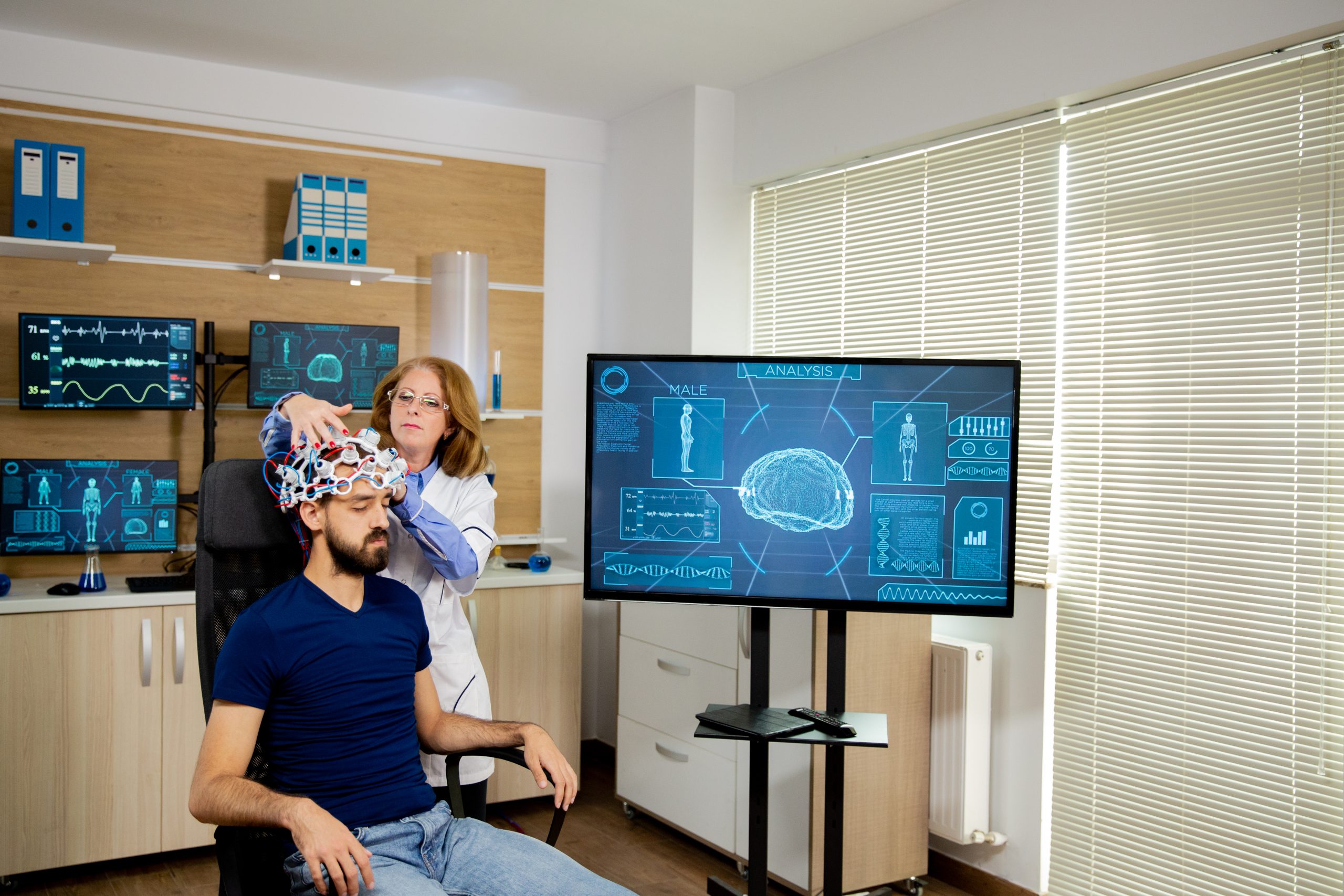Harnessing the Power of Neuro-feedback to Transform ADHD Treatment and Enhance Mental Functioning
Wiki Article
Neuro-feedback is an innovative approach that is growing attention in the management of Attention Deficit Hyperactivity Disorder. This strategy involves using immediate visualizations of neural activity to help patients learn how to regulate their brain function. By offering feedback on neural waves, neurofeedback aims to enhance focus, alertness, and general cognitive performance. This approach is especially appealing for those looking for alternatives to traditional pharmaceuticals, as it provides a non-invasive way to tackle the issues associated with ADHD.
The procedure of neurofeedback typically includes applying sensors on the head to measure brain function. These sensors detect neural signals produced by the neural system and transmit this information to a system. The individual then engages in activities, such as engaging in a video game or watching a movie, that are affected by their neural activity. When the neural system functions in a preferred way, the activity or film reacts favorably, providing instant responses. This assists individuals learn to manage their brain waves, promoting better focus and reducing impulsivity over the long term.
Studies has shown that neurofeedback can result to significant gains in indicators of ADHD. Studies suggest that participants who undergo neurofeedback training check that often see improved attention duration, lessened hyperactivity, and improved affective regulation. These benefits can result to enhanced outcomes in education and at home, as well as better relationships with peers and relatives. As a consequence, neurofeedback is emerging a valuable tool for guardians and teachers looking for effective methods to support kids with ADHD.

In furthermore to its benefits for ADHD, neurofeedback may also improve mental functioning in individuals without the condition. Many individuals seek neurofeedback to improve their recall, learning abilities, and general cognitive clarity. By training the neural system to operate more efficiently, individuals can gain increased productivity and innovation. This renders neurofeedback an appealing option not only for those with ADHD but also for those seeking to boost their cognitive capabilities in daily life.
While neurofeedback shows potential, it is crucial to approach this therapy with practical expectations. Results can differ from person to person, and it may require a while to see notable improvements. It is also important to work with certified professionals who can guide the neurofeedback procedure properly. As research continues to investigate the full potential of neurofeedback, it possesses the promise of transforming ADHD management and enhancing cognitive performance for many individuals.